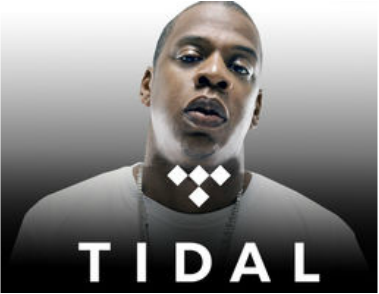 Music streaming service TIDAL launched March 30th
Music streaming service TIDAL launched March 30th Then, a funny thing happened on the way to innovation. Funny as in weird, not funny haha. Jay-Z and his Justice League of recording artists (including Madonna and Rihanna) signed a declaration (that no one saw the text of), said little and then dipped. The conference was short and horribly bereft of information. The central additional thing we learned was that TIDAL is artist-owned (equity stake was offered) and "combines the best high fidelity sound quality, high definition music videos and expertly curated editorial" for $9.99 and $19.99 (for uncompressed CD quality sound) a month. So...does every subscription dime go to the artists? Is there a significant difference in audio between the subscription options? How large is TIDAL's catalog? Who shot J.R.? How many licks does it take to get to the center of a lollipop? Hardly anything was answered and based on what was told, TIDAL was a shockingly unremarkable, more expensive (a negative consumer buzz word) service. "The new world" was a duplicate of the old one, except artists (who so happened to be wealthy) benefitted more this time and consumers (who aren't wealthy) would have less money in their wallet should they break away from pirating and free streaming. Finance and technology blogs pointed out the unoriginal interface and what seemed to be a flawed business model (using the word 'seemed' because, again, few details) where audience gains would be few and the company's bottom line is just as weak as its competitor's (Jay-Z's response to this is interesting; I'll be getting to it). Just as critical, but far more cutting was the reaction from consumers. Due to the piss-poor presentation of the conference, Jay-Z and crew came off like a bunch of elitist, arrogant, greedy millionaires begging for more money at the expense of fans. #TidalForAll quickly became #TidalForNoOne on social media; people were throwing tomatoes and the well-intentioned "movement" where artists get the income they deserve from their own work in the streaming world versus industry executives and suits, was massively misperceived.
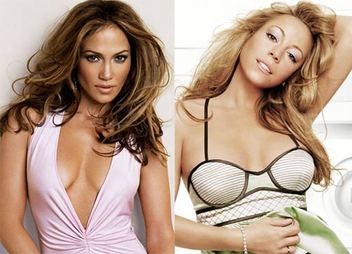
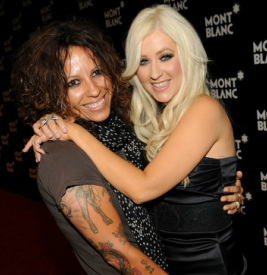

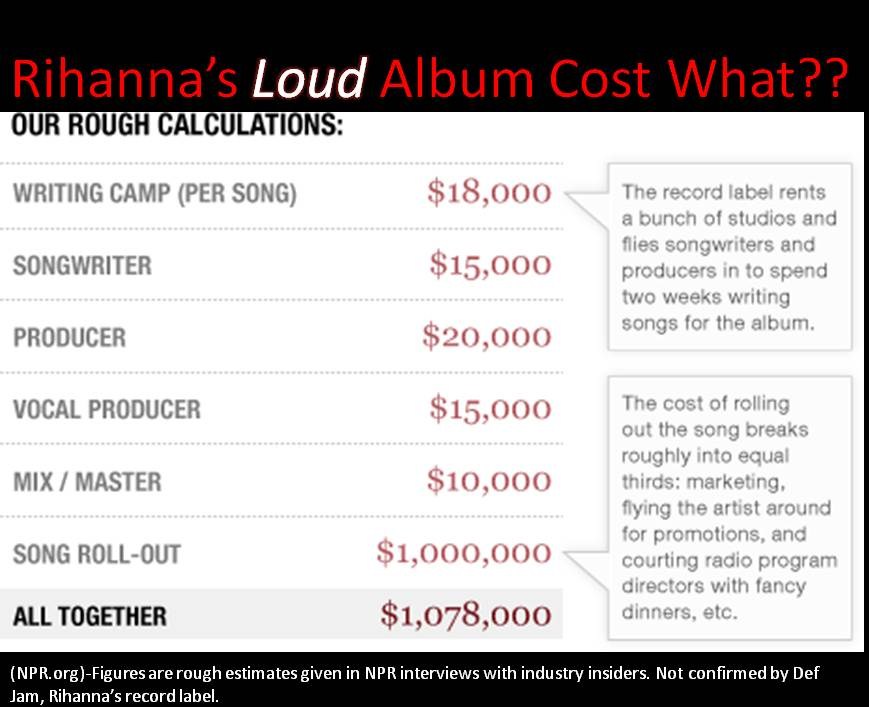
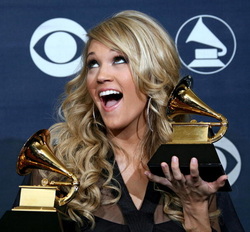
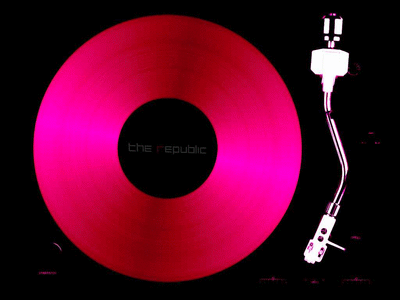
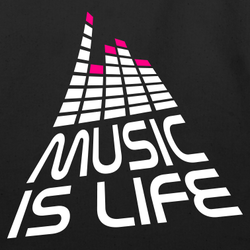
 RSS Feed
RSS Feed